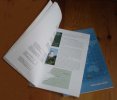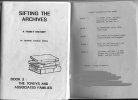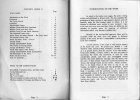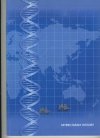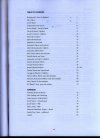I had a DNA test, mostly to persuade my eldest female relative on my father's side to do the same. That follows the 'write it down' principle as once she is gone that marker is lost for ever.
The two tests, submitted from different places at different times, showed the right degree of linkage which is some proof that it works. So far every other 'match' looks too distant to be worth following up. That is not helped by people using 'silly' user names, like 'dadstest', a 'john smith' would be more useful if correct.
One person has contacted me on behalf of an elderly German lady who believes her father was a British serviceman posted to Germany immediately after WW2. His surname dosn't appear anywhere on my tree but then it only takes a couple of steps down female lines to 'lose' relatives.
As an aside, either genealogy will become simple and instant with DNA or impossible as eggs/sperm are banked, mixed, implanted and finally the product signed over to multiple mothers/fathers that are neither. So much simpler when it was only the 'milkman' mixing things up!
The two tests, submitted from different places at different times, showed the right degree of linkage which is some proof that it works. So far every other 'match' looks too distant to be worth following up. That is not helped by people using 'silly' user names, like 'dadstest', a 'john smith' would be more useful if correct.
One person has contacted me on behalf of an elderly German lady who believes her father was a British serviceman posted to Germany immediately after WW2. His surname dosn't appear anywhere on my tree but then it only takes a couple of steps down female lines to 'lose' relatives.
As an aside, either genealogy will become simple and instant with DNA or impossible as eggs/sperm are banked, mixed, implanted and finally the product signed over to multiple mothers/fathers that are neither. So much simpler when it was only the 'milkman' mixing things up!


